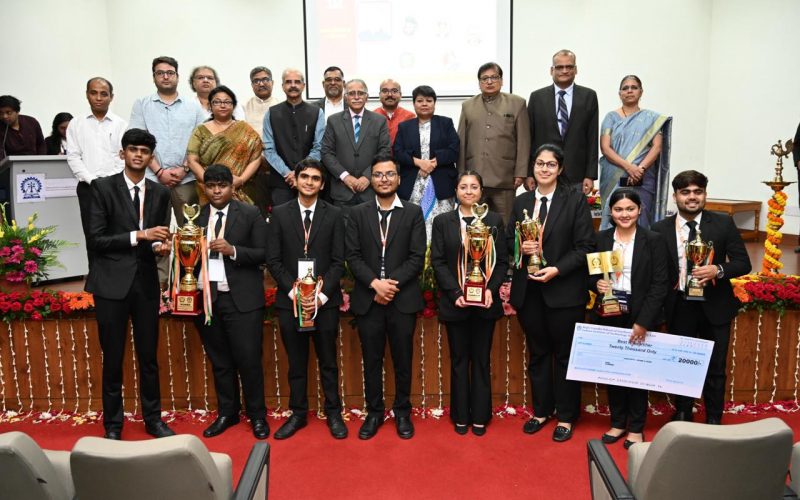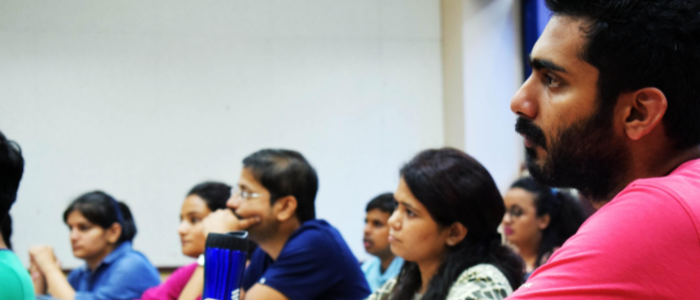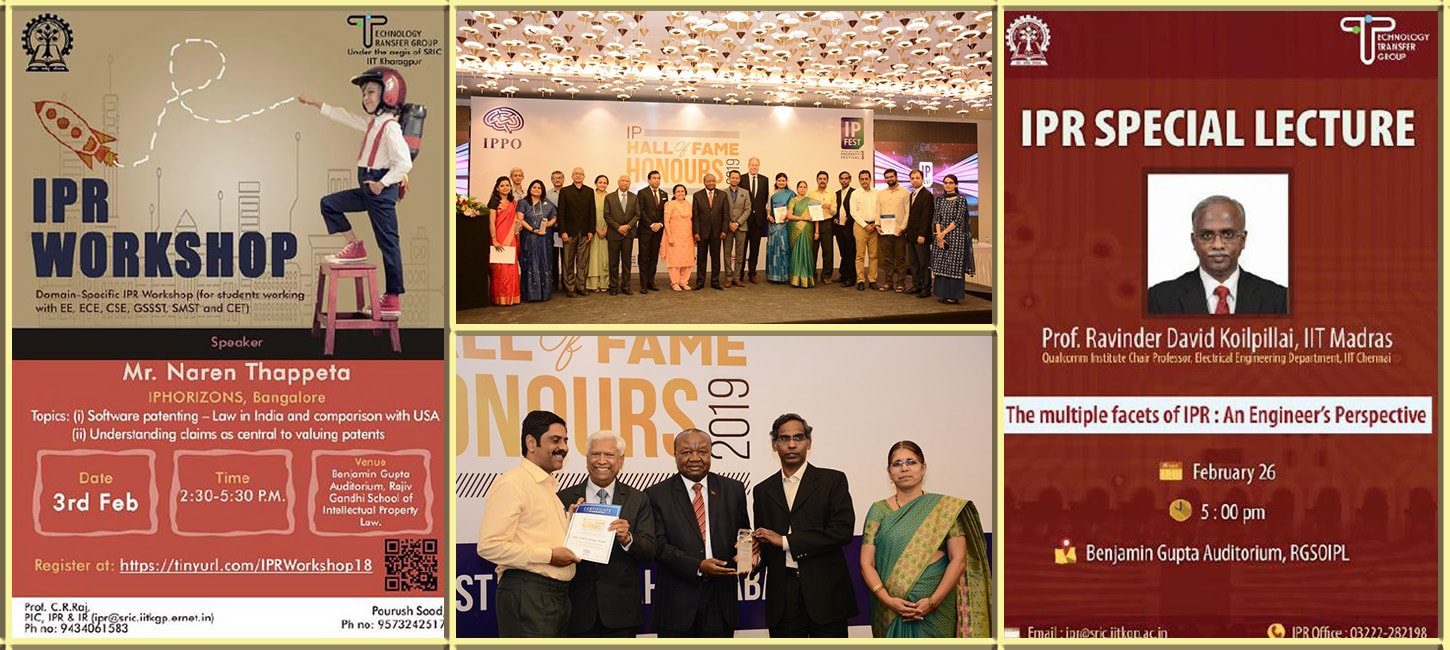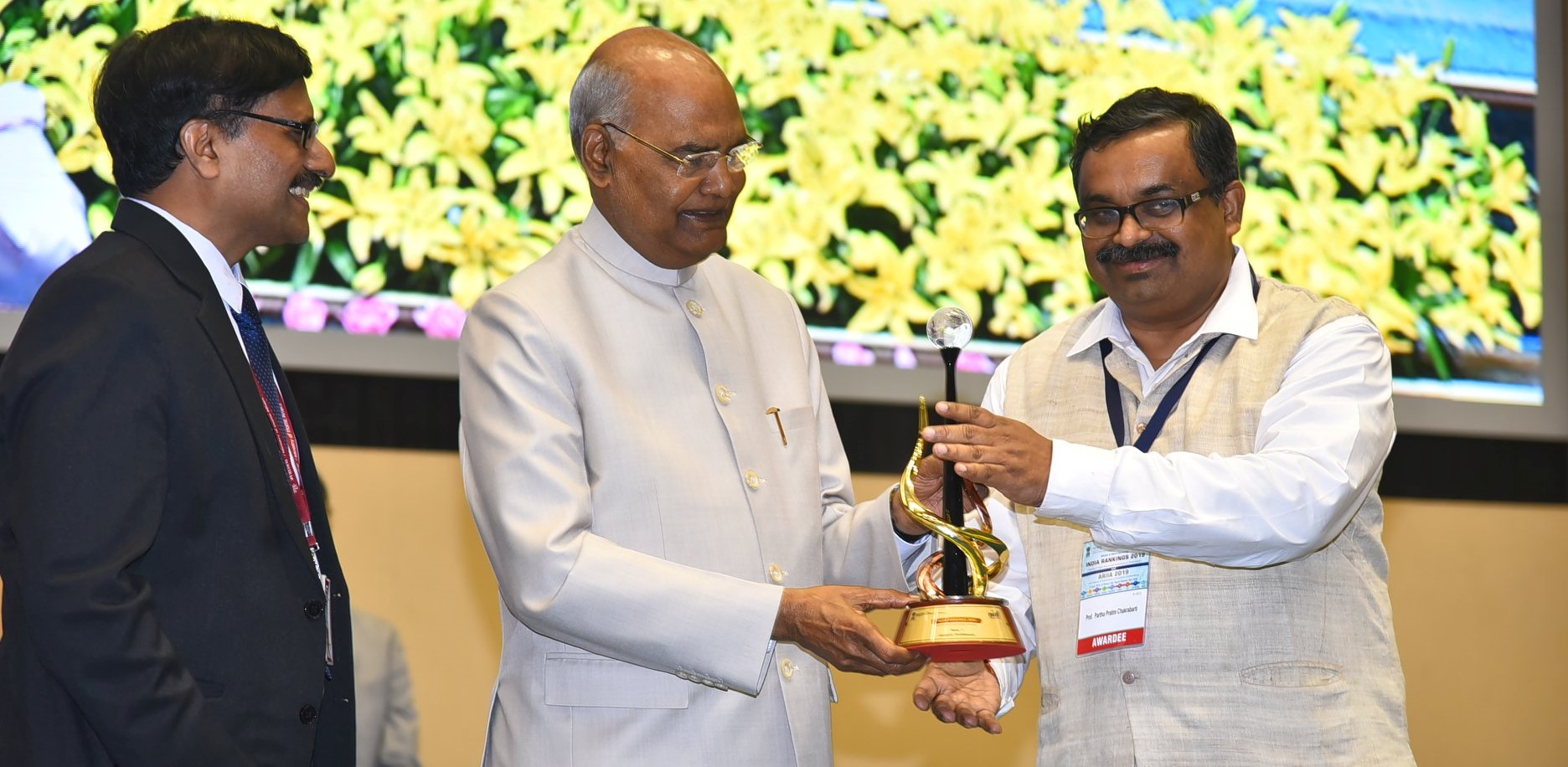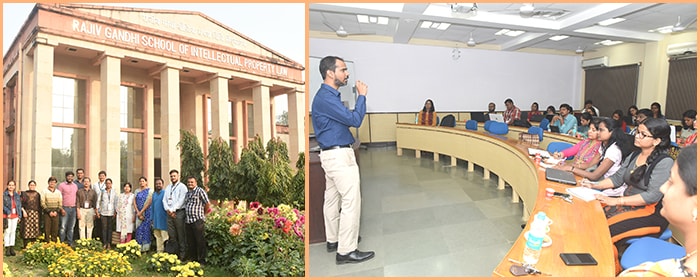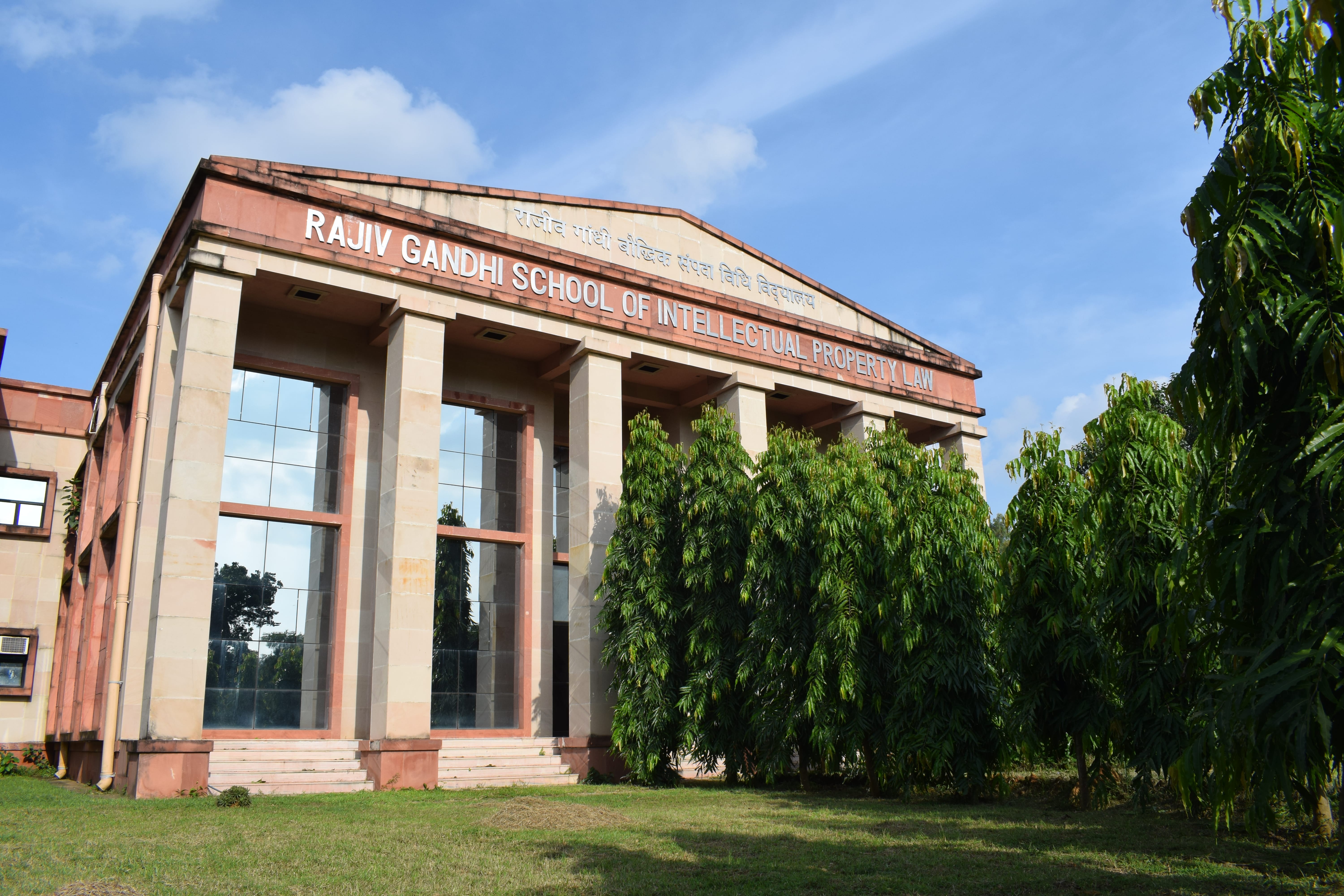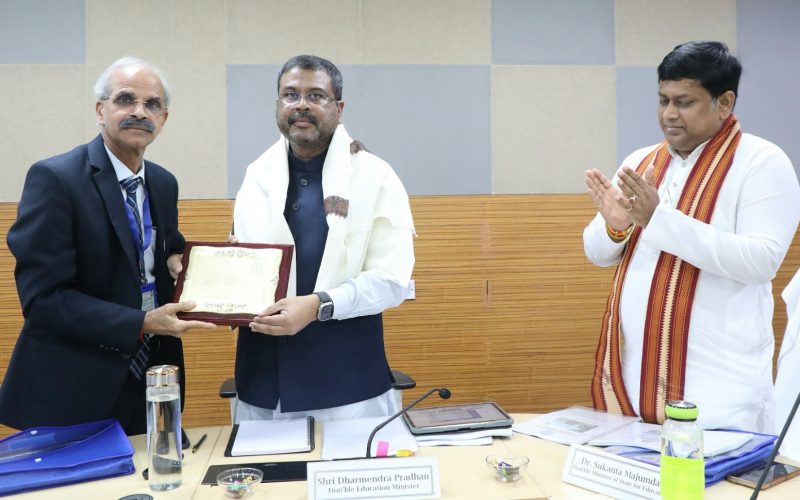
Hon’ble Education Minister Shri Dharmendra Pradhan visits IIT Kharagpur Research Park
To foster an ecosystem for cutting-edge research, commercialization of technologies, and strategic partnerships with industries in West Bengal, Hon'ble Union Minister for Education Shri Dharmendra Pradhan and Minister of State for Education Dr. Sukanta Majumdar visited the IIT Kharagpur Research Park in Kolkata on 20th August 2024. The Research Park is a concept of integrated eco-system that provides research facilities including technical and infrastructure support along with other paraphernalia services. It focuses on R&D-driven innovation and product-oriented developmental activities using the institute’s wide expertise base and catering to the needs of the Nation and the interests of industry, entrepreneurs, and…


